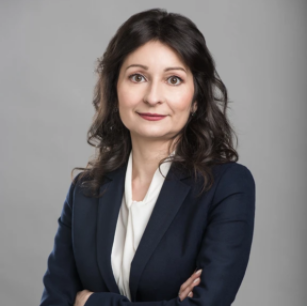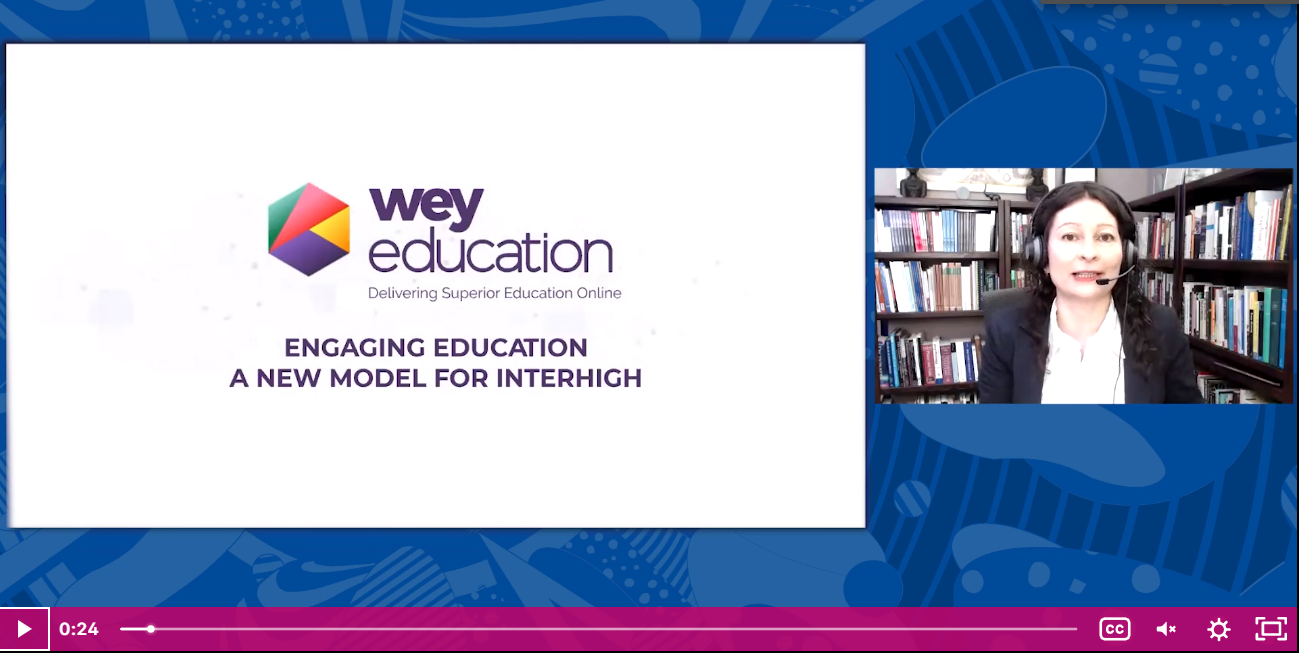Dr Sara de Freitas provided a keynote lecture on the Education Model for Wey Education (AIM:WEY ) at the recent CanvasCon conference this month. The executive director for Education presented on a panel that was looking at the effective use of online education highlighting the growth experienced on the online platforms as a result of the pandemic. The conference keynotes also included Sal Khan from Khan Academy. The panel discussed how to make online education most effective. Sara focused upon the importance of teacher training, use of interactivity, student voice and use of low stakes and authentic assessment.

Dr. Sara de Freitas has been an educator, author and speaker for 25 years. During that time, Sara has worked as a research, establishing the Serious Games Institute and leading on over 50 research and development projects, as an educator she has worked up to Deputy Vice Chancellor level in six universities in the UK and Australia, most recently Aston University. As an author she has written seven books on educational technology, learning theory and game-based education, 100 conference and journal articles and edited a book series for Routledge. Most recently she has joined InterHigh the leading online education provider in the UK – voted Educational Establishment of the Year (Besa) 2020, the school has a growing following with students from all over the world. Sara is a Fellow of the University of London, the Royals Society of Arts and the Business Excellence Institute. She works as a University Governor for Sunderland University – and has spoken in four continents on her work.
Creating engaging education in purely digital contexts can provide real challenges for educators. Whether in primary, secondary or tertiary education contexts or in lifelong learning and training, engaging learning is a complex chemistry to recreate consistently. Practitioners often need additional training and support, access to top quality IT support and a deep knowledge of excellent learning design. While the research evidence has been significant in support of ‘no significant difference’ between online and face-to-face learning, a bias against online education has led to a subtle use of negative language: ‘remote learning’ and ‘distance education’ are some of the terms that are used regularly. We need to change the language of online education away from a ‘deficit model’ towards a more positive acknowledgment of the flexibility and freedom online learners experience. Online education means greater personalisation and differentiation, greater access to resources and tools and greater flexibility to learn and study from home or while travelling. The global pandemic has heightened this debate, and the slow revolution has become a tsunami where home workers and students alike are opting in larger numbers than ever before to study in this mode. This presentation covered InterHigh school as a model for the future of online education sharing our new education model and approach which includes live classes, access to high quality materials and the use of virtual and gamified platforms, software and approaches.



